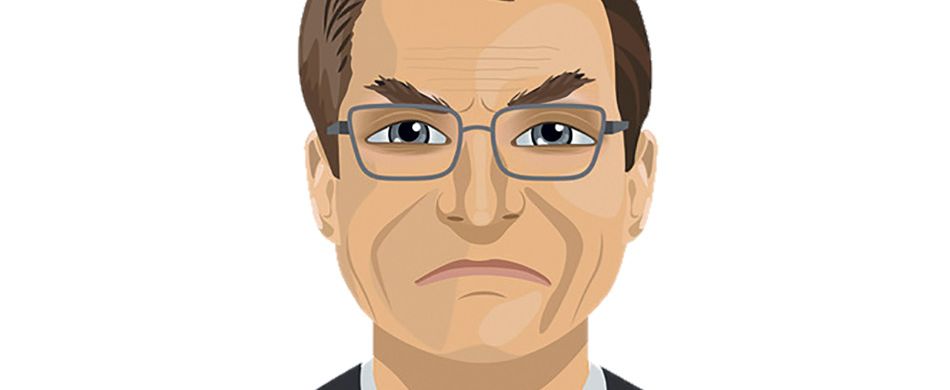Unloved Child
DEAR DR. POPCAK: My name is Sarah and I am 22 years old. A few months ago my mother told me that my father did not die, as she had told me when I was a small child, but that he is alive and kicking, and that he is in fact a successful businessman.
When my mother was pregnant with me this man wanted her to abort me because he simply did not want to marry her. My mother, however, wanted to keep me, so he told her that their relationship was over for good, and that he simply did not want to have anything more to do with her.
Last week I mustered up my courage and, without saying anything to my mother, I went to see him in his office. I wanted to know him and, to say the truth, I was hoping he would in some way acknowledge me as a human being.
Instead, he told me bluntly that I was the fruit of a mistake in his youth which he prefers not to remember. He then ended the conversation by asking me not to bother him anymore.
This encounter opened an old wound within me. If he refuses to give me his affection he should at least give me some monetary compensation. I have therefore been cherishing the idea of turning to a lawyer. Am I doing the right thing?
If I may take just a moment of this response to speak to a larger issue, your situation is exactly why the Church opposes the redefinition of traditional marriage. Regardless of how marriage has evolved to see to the emotional benefit of a couple over the centuries, marriage has always been society’s way of guaranteeing a child’s right to be claimed and provided for by his or her own biological parents. A child born under any other context has no rights in this regard. Any effort to weaken, redefine, or undermine the understanding of marriage as an indissoluble union between one man and one women – whatever the good intentions of doing so might be – ends up undermining the only social institution that exists to protect the rights of children to expect to be claimed and provided for by their biological parents.
You may certainly pursue your biological father for some kind of financial support, but I wonder whether this is really the best use of your time and energy. I am guessing that you are pursuing a legal and financial end to meet an emotional need. I suspect that you hope that by literally “making your dad pay” he will be forced to recognize that you have values and dignity as a person and deserve to be acknowledged. Even if you were to be successful in this pursuit (and this is by no means a guarantee for the reasons I stated above) there is no amount of money in the world that would satisfy the emotional void you are trying to fill. Even if you were to be successful the day your biological father angrily handed you a check and told you, again, to stay out of his life, would, I suspect, add insult to injury, as it further objectifies you, making you little more than a bill that needed to be paid, instead of a person who deserved to be loved.
Whether or not you decide to pursue your biological father for financial damages, I think a much more productive use of your time and energy would be dedicating yourself to pursuing emotional healing for the wounds inflicted upon you by both of your parents. In prayer, ask God the Father to show you your worth in his eyes. Reflect daily on the little ways the Father provides for you. Write down both the little and large blessings that he brings into your life as his way of saying, “Sarah, please know how much I love you and what a beautiful daughter you are to me.” The fact is, none of us really belongs to our parents. God lends us to our parents for a time, with the expectation that they will teach us how to find him, our true Father, and come to know his love for us through their example. God is our beginning and end. Our biological parents are an important, but temporary, stop along the way. Dedicate yourself to discovering all the ways your heavenly Father loves and provides for you; yesterday, today, and every day for the rest of your life.
Secondly, I strongly encourage you to pursue counseling to help you identify and heal the ways that your treatment by your biological parents will inevitably affect your attitude toward yourself and your relationships. Although we often seek ‘closure’ by trying to make our less-than-perfect parents apologize, acknowledge, or pay for the damage they may have done to us, this is often a pyrrhic victory. A better use of our time and energy is learning to cooperate with God’s grace to acquire, for ourselves, the things that we were not given by our parents but are still our rightful inheritance; our sense of self-worth, self-efficacy, our right to be loved, and our right to expect to be able to count on others and be counted on. These are skills that, normally, should have been given to you by your mother and father, but can still be acquired through prayer, professional support, and persistent effort on your part.



